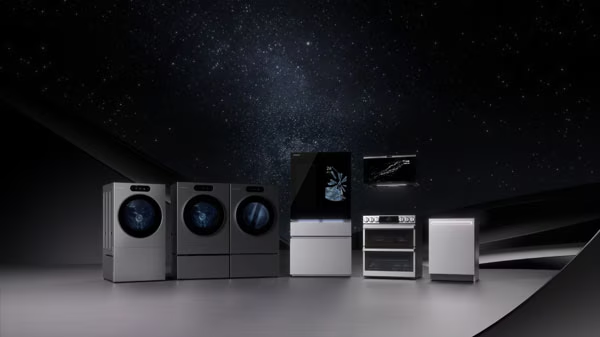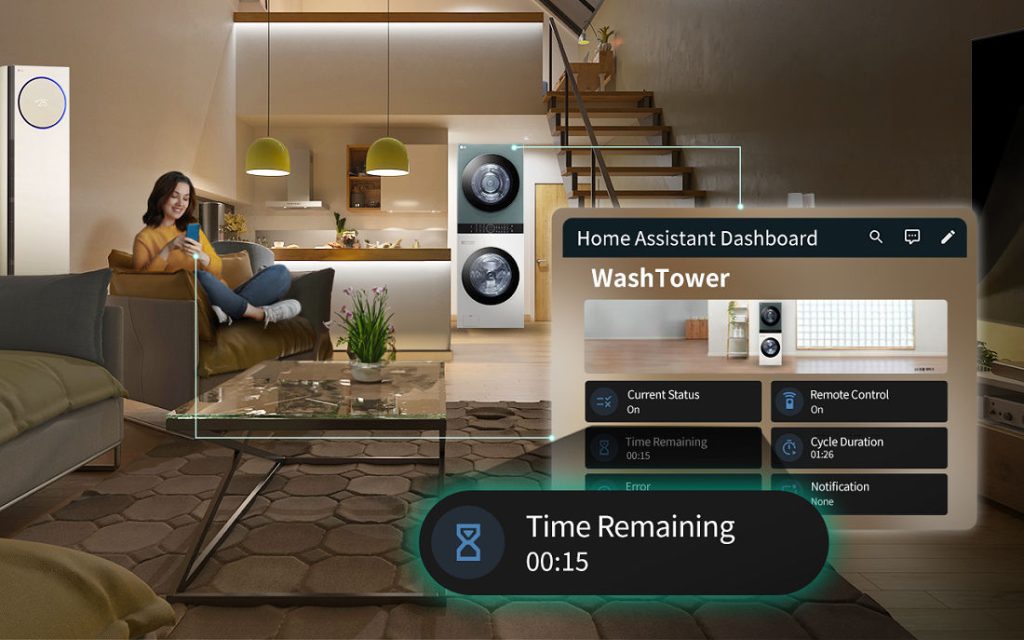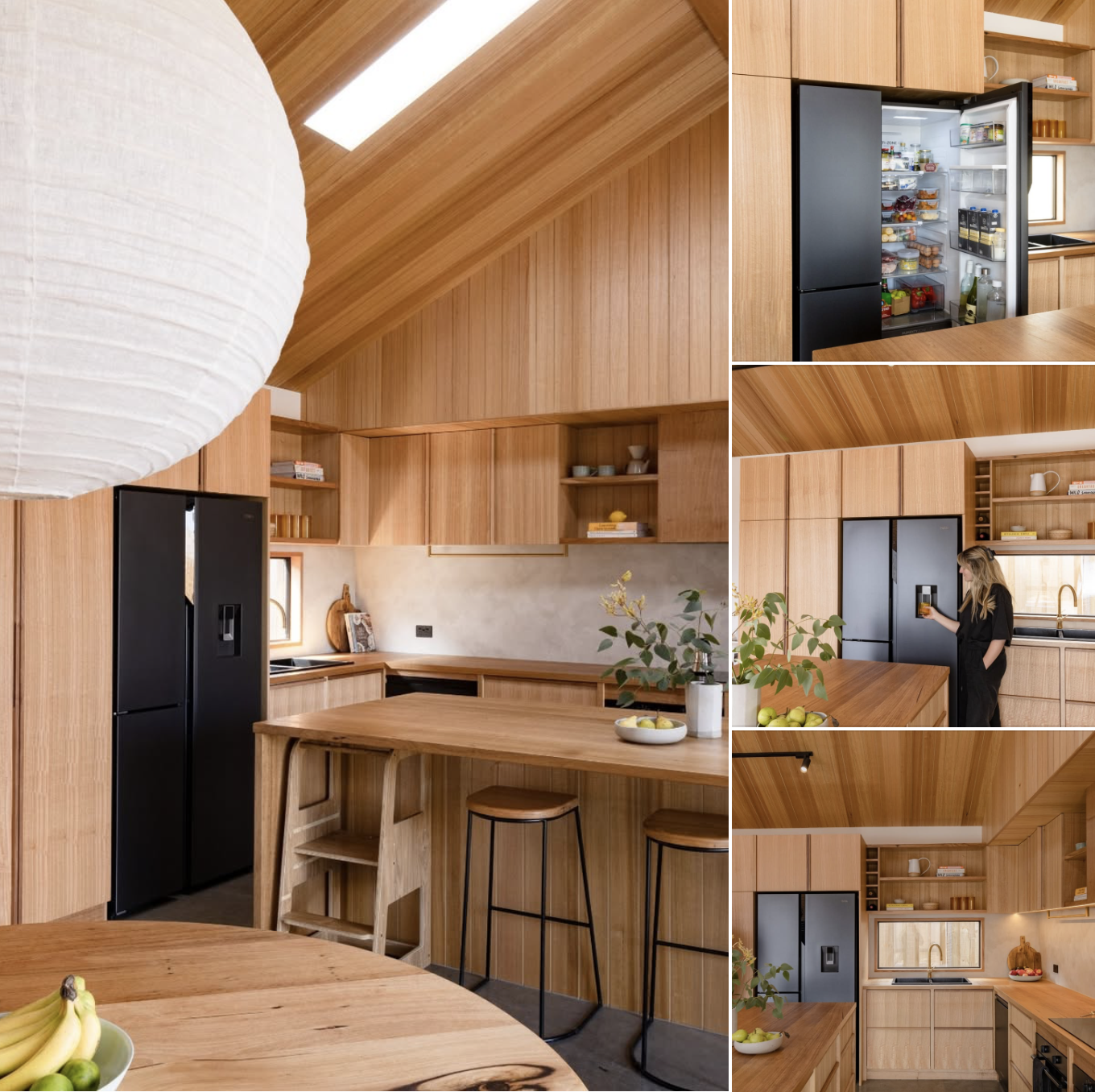Beko Unveils New Interactive Online Training Platform for Retailers
Beko has recently launched an innovative online training platform, Beko Learning Academy, tailored for retailers and retail teams. This platform is designed to equip retail sales teams with in-depth knowledge of Beko’s product features, cutting-edge technologies, and brand advantages through interactive learning.
As a digital resource hub, Beko Learning Academy aims to enhance the professionalism of retail staff, enabling them to confidently communicate the value of Beko appliances to customers and thereby optimizing the overall shopping experience. The platform offers a diverse range of training courses, including interactive lessons, thorough product deep dives, and essential consumer insights, all customizable to individual learning preferences.
Retail staff can update their knowledge at their own pace, staying current with Beko’s latest innovations, which complements Beko’s in-store face-to-face training. Eddie Gaymer, National Sales Manager for Beko Australia & New Zealand, underscored the company’s commitment to providing customized training programs for retail partners. He said, “While we value hands-on training at Beko, we also understand the preciousness of time. That’s why we developed Beko Learning Academy: to provide quick and easy access to the most recent technological and product updates. Whether you have a few minutes between customers or wish to dive deep into product specifics, this platform makes learning effortless and efficient.”
Retail staff can join Beko Learning Academy by contacting their Beko account manager and following the enrollment procedure. To incentivize participation, the platform offers a special reward during the launch period: those who complete three training modules will receive a unique gift.
Furthermore, Beko Learning Academy is an integral part of Beko’s broader training ecosystem, which also includes in-store product presentations, hands-on demos, and Beko’s internal ‘Train the Trainer’ program. This ensures a consistent and efficient product message across all training courses, strengthening Beko’s brand presence in the market.
Beko近期为零售商及零售团队打造了一款创新的在线培训平台——Beko Learning Academy。该平台旨在通过互动式学习,让零售销售团队深入了解Beko的产品特性、前沿技术及品牌优势。
Beko Learning Academy作为一个数字资源宝库,致力于提升零售员工的专业能力,使他们能够自信地向顾客传达Beko家电的价值,从而优化整体购物体验。平台提供了丰富多样的培训课程,包括互动式教学、深入的产品剖析以及重要的消费者洞察,这些课程均可根据个人的学习偏好进行定制。
零售员工可以自主掌控学习节奏,随时更新知识,紧跟Beko的最新创新步伐,这一特性完美补充了Beko的线下面对面培训。Beko澳大利亚与新西兰地区销售总经理Eddie Gaymer强调了公司为零售合作伙伴提供定制化培训方案的决心。他表示:“虽然Beko重视实战型培训,但我们同样理解时间对于每个人的宝贵。因此,我们开发了Beko Learning Academy,让零售员工能够快速便捷地获取最新的技术和产品信息。无论你是在接待顾客间隙的几分钟内进行学习,还是希望深入探究产品细节,这个平台都能让学习变得轻松高效。”
零售员工可通过联系其Beko客户经理加入Beko Learning Academy,并按照指引完成注册流程。为鼓励参与,平台在推广期间特别设置了奖励机制:完成三个培训模块的学员将获得精美礼品一份。
此外,Beko Learning Academy是Beko整体培训生态系统的重要组成部分,该系统还包括店内产品演示、实操演示以及内部“培训师培训”项目,确保所有培训课程传递出一致且高效的产品信息,进一步巩固Beko在市场上的品牌形象。
欲了解更多关于Beko Learning Academy的信息,请联系你的Beko客户经理或访问相关链接(https://www.youtube.com/watch?app=desktop&v=eq8HG7RuyHA)。

















